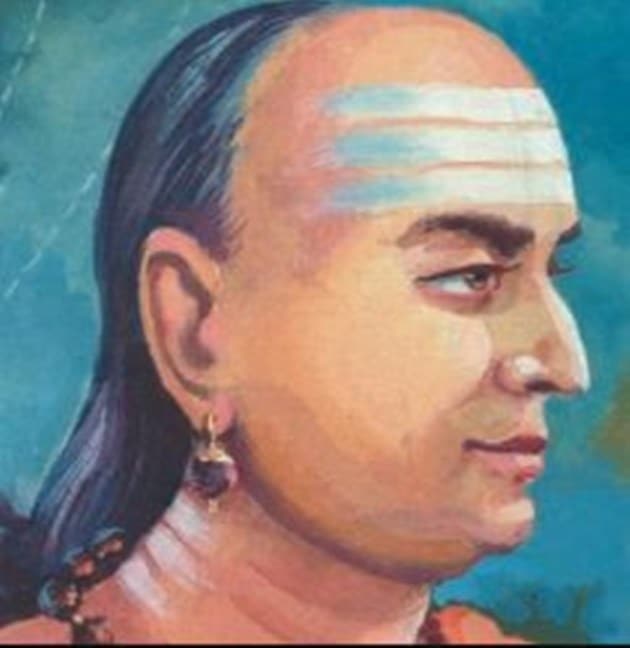National Mathematics Day: Five famous Indian mathematicians of all time
Every year, the country celebrates the National Mathematics Day on December 22 to commemorate the birth anniversary of Mathematician Srinivasa Ramanujan
 1 / 5
1 / 5Aryabhata- Born in 476 BC, Aryabhata was one of the first Indian mathematicians and astronomers. According to various reports, Aryabhata was the first mathematician who discovered the position of nine planets and mentioned that they revolve around the sun. The mathematician has had a huge contribution on the place value system.
You’ve Read Your Free Stories For NowSign up and keep reading more stories that matter to you.Already have an account? Sign InThis story requires a subscriptionSelect a plan and use IE10 code to get 10% extra offAlready a subscriber? Sign inThis story requires a subscriptionPlease Select A PlanThis content is exclusive for our subscribers.Subscribe now to get unlimited access to The Indian Express exclusive and premium stories.Already a subscriber? Sign In- 2 / 5
Brahmagupta- The concept of 'zero' was designed by Brahmagupta, an Indian mathematician who was born in 598 AD in Bhinmal in Rajasthan. He was the head of the astronomical observatory at Ujjain and wrote books that include Durkeamynarda (672 AD), Khandakhadyaka (665 AD), Brahmasphutasiddhanta (628 AD) and Cadamakela (624 AD).
- 3 / 5
Srinivasa Ramanujan- Born in 1887 in Erode, Tamil Nadu, the story of Ramanujan’s tryst with mathematics is one of the most engaging tales read, depicted and performed through various works of art. The mathematician made a significant contribution to mock theta function that generalises the form of the Jacobi theta functions, while preserving their general properties.
- 4 / 5
Satyendranath Bose- Satyendra Nath Bose was one of the world’s pioneering theoretical mathematician, widely called the ‘Father of the God Particle’ for his work on the Boson, a class of particles named after him because they obey Bose–Einstein statistics. His work on quantum mechanics in the early 1920s laid the foundation for Bose–Einstein statistics and the theory of the Bose–Einstein condensate.
- 5 / 5
P.C. Mahalanobis- An Indian scientist and applied statistician, Prasanta Chandra Mahalanobis, known as ‘PCM’, was best remembered for introducing the Mahalanobis distance and being one of the main members of the first Planning Commission of India. Known for his pioneering studies in anthropometry in the country, Mahalabonis was also the founder of the Indian Statistical Institute and contributed largely to the design of sample surveys.